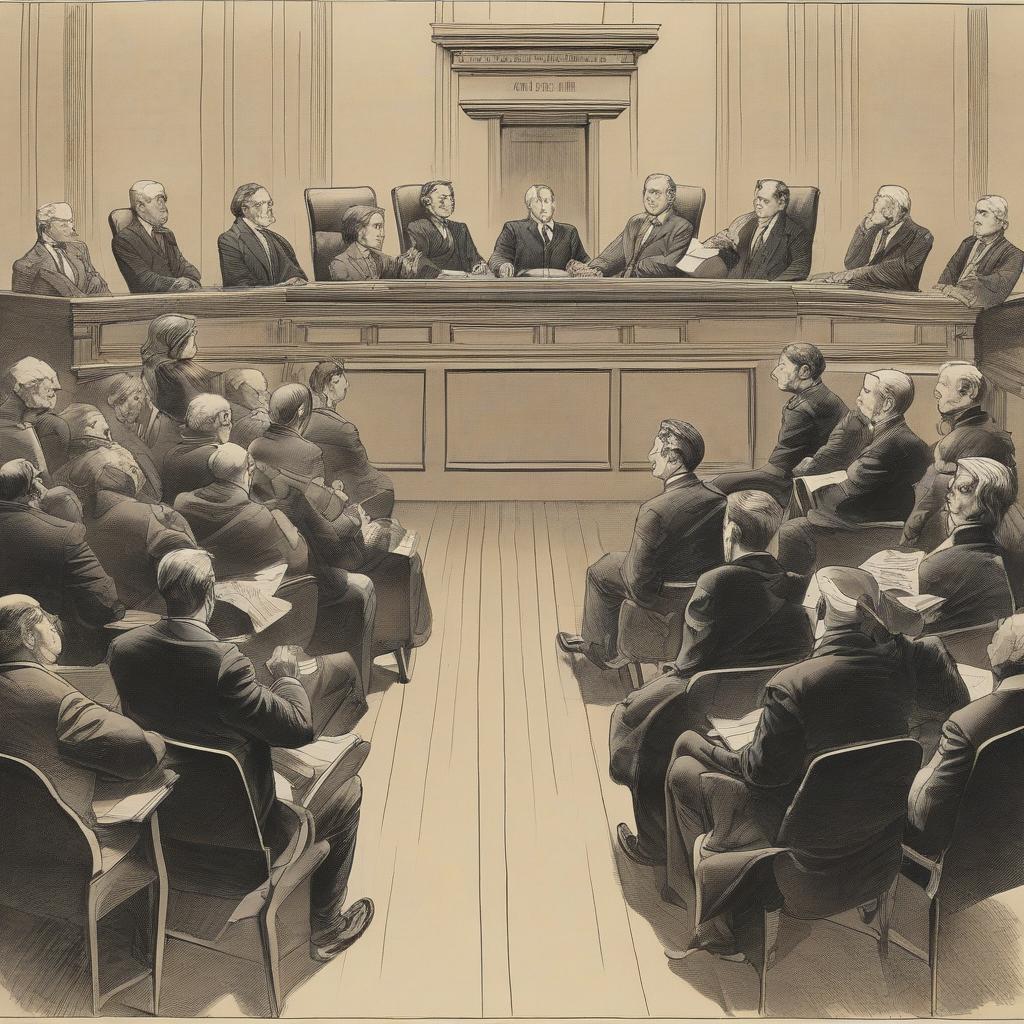Estate planning is one of those topics that many people tend to put off, thinking it’s something only the wealthy or elderly need to worry about. However, the truth is that estate planning is important for everyone, regardless of age, income, or assets. In this article, we’ll explore the basics of estate planning and why having a will is essential for everyone.
Understanding Estate Planning
Estate planning involves making arrangements for the management and distribution of your assets and affairs after your passing or in the event of incapacity. It’s about ensuring that your wishes are carried out, your loved ones are provided for, and your legacy is protected. While estate planning can include various legal documents and strategies, such as trusts, powers of attorney, and advance directives, a will is often the cornerstone of an estate plan.
The Components of Estate Planning:
| Component | Description |
|---|---|
| Will | Legal document outlining how your assets will be distributed and who will manage your estate. |
| Trust | Legal arrangement for holding and managing assets on behalf of beneficiaries. |
| Power of Attorney | Legal document granting someone authority to act on your behalf in financial or legal matters. |
| Advance Directive | Legal document outlining your healthcare preferences and appointing a healthcare proxy. |
Why Everyone Needs a Will
Now, let’s explore some of the reasons why having a will is essential for everyone, regardless of their age or financial situation:
1. Directing Asset Distribution
A will allows you to specify how you want your assets to be distributed after your passing. Without a will, state laws (intestacy laws) will determine how your assets are distributed, which may not align with your wishes. By creating a will, you can ensure that your assets go to the people or organizations you choose.
2. Appointing Guardians for Minor Children
For parents with minor children, a will is crucial for appointing guardians who will care for their children in the event of their passing. Without a will, the court will decide who will assume guardianship of your children, which may not be the person you would have chosen.
3. Minimizing Family Disputes
A clear and comprehensive will can help minimize disputes among family members over the distribution of assets. By clearly outlining your wishes in writing, you can reduce the likelihood of disagreements and conflicts among beneficiaries.
4. Protecting Unmarried Partners and Stepchildren
Unmarried partners and stepchildren may not be entitled to inherit from your estate under intestacy laws. Creating a will allows you to provide for these individuals and ensure that they are included in your estate plan.
5. Expressing Personal Wishes
A will allows you to express personal wishes and preferences that may not be addressed by intestacy laws. This may include specific bequests, charitable donations, funeral arrangements, and other matters that are important to you.
How to Create a Will
Creating a will doesn’t have to be complicated or expensive. Here are some steps you can take to create a basic will:
1. Determine Your Assets and Beneficiaries
Make a list of your assets, including real estate, bank accounts, investments, and personal belongings. Decide who you want to inherit these assets and any specific bequests you wish to make.
2. Choose an Executor
Select someone you trust to serve as the executor of your estate. This person will be responsible for carrying out your wishes as outlined in your will, including distributing assets, paying debts, and handling estate administration.
3. Draft Your Will
You can draft your will using a variety of methods, including online will-making tools, software programs, or by working with an estate planning attorney. Be sure to include all necessary provisions, such as asset distribution, guardian appointments, and executor designation.
4. Sign and Execute Your Will
Once your will is drafted, you’ll need to sign it in the presence of witnesses to make it legally valid. Requirements for signing and witnessing a will vary by state, so be sure to follow the applicable laws.
5. Keep Your Will Updated
It’s important to review and update your will periodically, especially after major life events such as marriage, divorce, birth of children, or acquisition of significant assets. Make sure your will reflects your current wishes and circumstances.
Conclusion: Planning for the Future
In conclusion, estate planning is a vital process that everyone should undertake to ensure that their wishes are carried out and their loved ones are provided for. A will is a fundamental component of estate planning, allowing you to direct asset distribution, appoint guardians for minor children, minimize family disputes, and express personal wishes. By taking the time to create a will and plan for the future, you can gain peace of mind knowing that your affairs are in order and your loved ones are protected.


